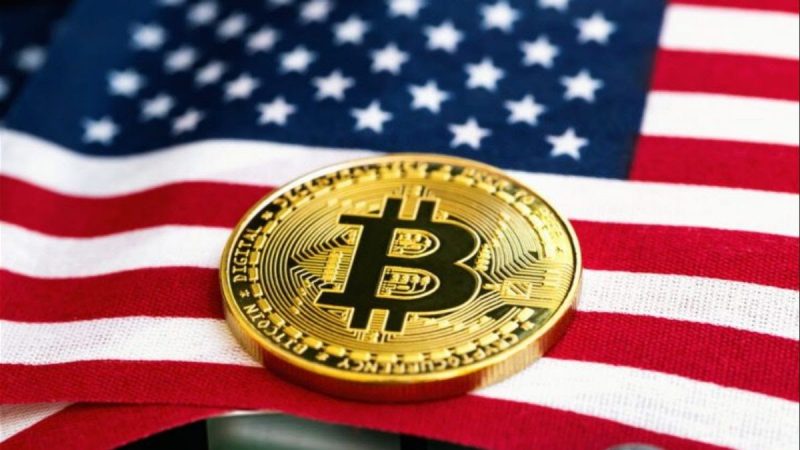The early moves by the Trump administration are offering the crypto industry clues about how regulation may evolve—and the message seems clear: crypto might not be regulated as securities, and access to banking could become far easier.
While critics say the administration has yet to deliver meaningful new rules, behind-the-scenes changes in enforcement and guidance point toward a more crypto-friendly approach that contrasts sharply with prior U.S. policy.
Early Signals Suggest a Shift in Regulatory Tone
Much of the crypto community has expressed frustration over a lack of specific guidance. Public events like the formation of a crypto task force, Trump’s executive order on digital assets, and a rare press conference from crypto czar David Sacks have been criticized as more symbolic than substantive.
However, the real story is unfolding in the policy reversals and enforcement choices being made by key federal agencies.
Ending the Crypto Debanking Era
One of the first major moves from the Trump administration targeted the crypto industry’s long-standing banking access issues. Under Biden, many firms complained of losing banking relationships due to what some labeled “Operation Chokepoint 2.0,” referencing an Obama-era program that pressured banks to avoid certain high-risk industries.
While it remains debated whether a formal policy against crypto banking ever existed, the industry widely believed that regulatory pressure effectively excluded them from the banking system.
In contrast, the Trump administration acted quickly:
- Staff Accounting Bulletin 122 (SAB 122): Just two days into Trump’s term, this bulletin repealed SAB 121, which had discouraged banks from holding cryptocurrencies by adding regulatory hurdles.
- OCC Interpretive Letter 1183: On March 7, the Office of the Comptroller of the Currency withdrew a Biden-era rule that required banks to get permission before engaging in activities like crypto custody, handling stablecoin reserves, or operating as validation nodes.
- FDIC Withdraws FIL-16-2022: On March 28, the FDIC pulled back its guidance that had forced banks to notify the agency before dealing in crypto-related services.
Acting FDIC Chair Travis Hill emphasized that regulators should not use “reputational risk” as grounds for penalizing banks interested in crypto—signaling a clear departure from the previous administration’s tone.
